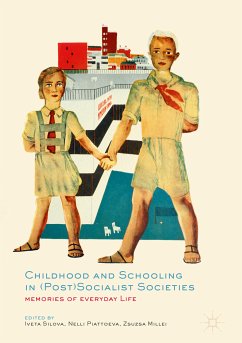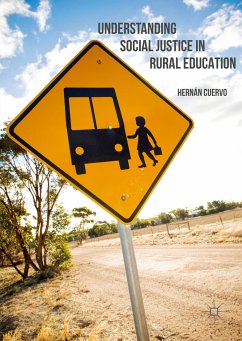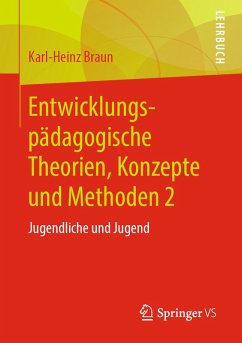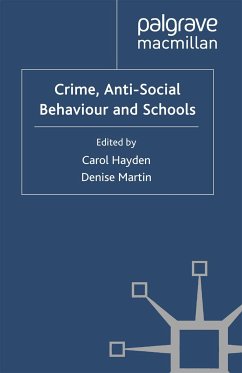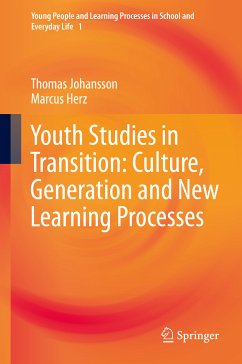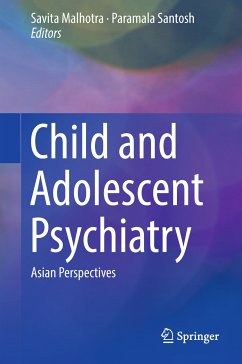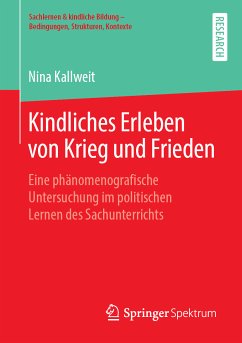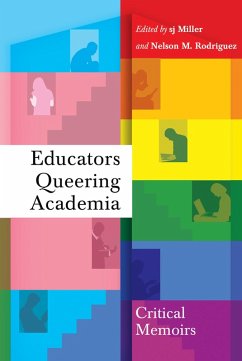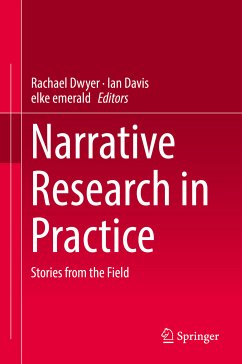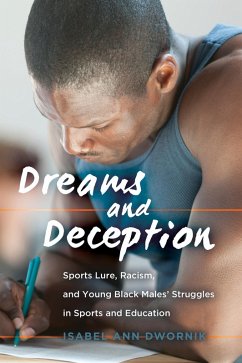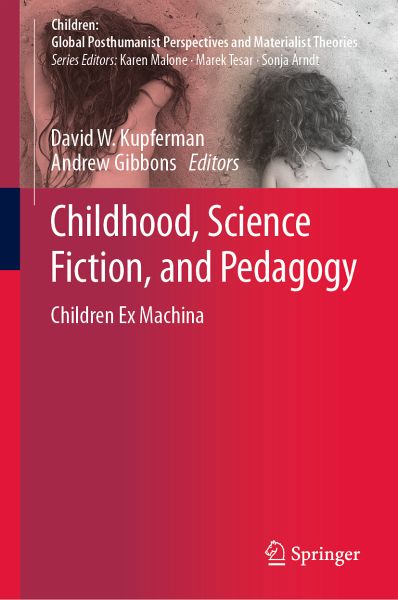
Childhood, Science Fiction, and Pedagogy (eBook, PDF)
Children Ex Machina
Redaktion: Kupferman, David W.; Gibbons, Andrew
Versandkostenfrei!
Sofort per Download lieferbar
72,95 €
inkl. MwSt.
Weitere Ausgaben:

PAYBACK Punkte
36 °P sammeln!
This book invites readers to both reassess and reconceptualize definitions of childhood and pedagogy by imagining the possibilities - past, present, and future - provided by the aesthetic turn to science fiction. It explores constructions of children, childhood, and pedagogy through the multiple lenses of science fiction as a method of inquiry, and discusses what counts as science fiction and why science fiction counts. The book examines the notion of relationships in a variety of genres and stories; probes affect in the convergence of childhood and science fiction; and focuses on questions of...
This book invites readers to both reassess and reconceptualize definitions of childhood and pedagogy by imagining the possibilities - past, present, and future - provided by the aesthetic turn to science fiction. It explores constructions of children, childhood, and pedagogy through the multiple lenses of science fiction as a method of inquiry, and discusses what counts as science fiction and why science fiction counts.
The book examines the notion of relationships in a variety of genres and stories; probes affect in the convergence of childhood and science fiction; and focuses on questions of pedagogy and the ways that science fiction can reflect the status quo of schooling theory, practice, and policy as well as offer alternative educative possibilities. Additionally, the volume explores connections between children and childhood studies, pedagogy and posthumanism. The various contributors use science fiction as the frame of reference through which conceptual links between inquiry and narrative, grounded in theories of media studies, can be developed.
Dieser Download kann aus rechtlichen Gründen nur mit Rechnungsadresse in A, B, BG, CY, CZ, D, DK, EW, E, FIN, F, GR, HR, H, IRL, I, LT, L, LR, M, NL, PL, P, R, S, SLO, SK ausgeliefert werden.
Alle Preise in Euro und inkl. der gesetzl. MwSt. | Innerhalb Deutschlands liefern wir preisgebundene Bücher versandkostenfrei. Weitere Informationen: bitte hier klicken
Support
Bitte wähle dein Anliegen aus:
Rechnungen
Bestellstatus
Retourenschein
Storno



